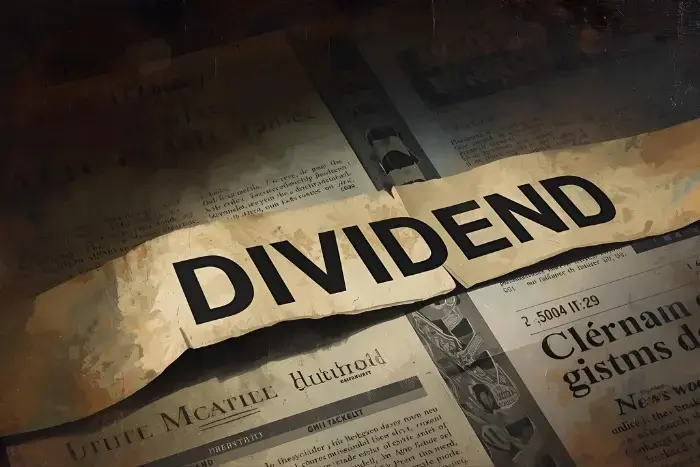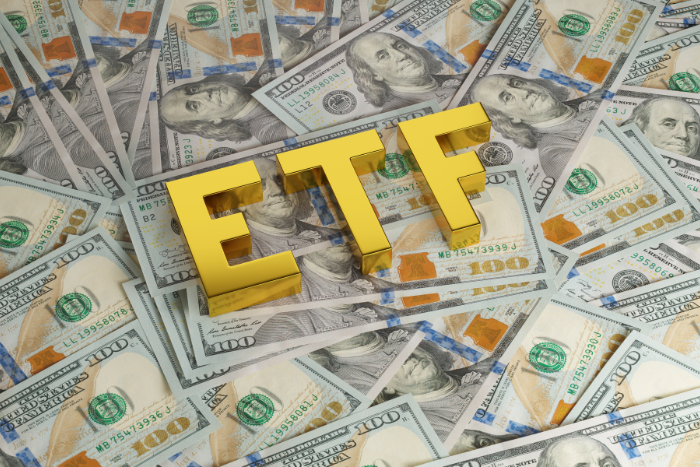Federal Election, its impact on the stock market and Franking Credits
 Get your Free Report on Top 5 ASX stocks for 2025
Get your Free Report on Top 5 ASX stocks for 2025
With Federal election anticipated during mid-May’19 - 11 May or 18 May, the speculation on its impact on the Australian Stock Market has already started. And, the hot topic this time is obviously removal of Franking Credits, if Labor comes to power. When Scott Morrison took over as prime minister from Malcolm Turnbull he stated that he would not rush to an early election. Labor perceived the out-going government had lost control of its own ranks and was repeatedly calling for an election as soon as possible. However, Mr Morrison had some options at his disposal that if he saw a strategic opportunity he could call it early, or he could wait until May to give his government more time to turn the polls around and he has managed to achieve the latter.
Do elections have any impact on the stock market?
There is evidence available that uncertainty around elections causes households and businesses alike to put their spending decisions on hold and this is usually in proportion to the length of the election campaign. And, some companies have already suggested that election uncertainty may be affecting spending in 2019. However, the same regarding the effect of elections on economic indicators is mixed and there is no clear evidence that uncertainty effects economic growth in election years.
Since 1980, the economic growth through election years has averaged 3.7%, which is greater than average growth of 3.2% over that time. Having said that, the growth was below average at 2.3% in 2013, when there was also a long election campaign. So based on historical data, it is not obvious that a victory by any one party is best for shares in the short term, and the impact of swings in global shares arguably played a bigger role than the outcomes of federal elections.
What will happen to the Franking Credits and who will be impacted if Labor comes to power?
Late last year, Shadow Treasurer Chris Bowen had highlighted that since it was introduced 20 years ago by the Howard Government, the policy of allowing tax refunds on franking credits for those on zero tax rates had seen costs blow out from almost nothing to $5 billion or more a year.
He added that this money was primarily paid to people who were already wealthy and the money could be much better spent on schools and hospitals. In his most controversial statement he had further added that retirees worried about the policy were entitled to vote against them – a statement that made those affected feel that Labor didn’t care about self-funded retirees. Since then, there has been quite a lot of anger in the retiree community against these changes.
To summarise most of the arguments, some stated that it was unfair to change the rules when people have spent years planning for their retirement. Others pointed out that now that superannuation rules were changed to already tax those with more than $1.6 million in super accounts, the main people hit by these changes will have between $800,000 and $1.6 million in retirement savings to provide a private pension, which hardly qualified them as fat cats. Around 900,000 retirees would lose money from the changes and some say why they should bear an effective 20% pay cut when nobody else in the community was.
Our analysts indicate that implementing the same may not be as simple as it appears because it would require Labor to win a Majority during the election, if they lose or end up forming a coalition government, the proposal may not see the light of the day due to opposition.

Latest Article






Checkout Our Recommendation for free - 7 day free trial
Start Free TrialDisclaimer
Veye Pty Ltd(ABN 58 623 120 865), holds (AFSL No. 523157 ). All information provided by Veye Pty Ltd through its website, reports, and newsletters is general financial product advice only and should not be considered a personal recommendation to buy or sell any asset or security. Before acting on the advice, you should consider whether it’s appropriate to you, in light of your objectives, financial situation, or needs. You should look at the Product Disclosure Statement or other offer document associated with the security or product before making a decision on acquiring the security or product. You can refer to our Terms & Conditions and Financial Services Guide for more information. Any recommendation contained herein may not be suitable for all investors as it does not take into account your personal financial needs or investment objectives. Although Veye takes the utmost care to ensure accuracy of the content and that the information is gathered and processed from reliable resources, we strongly recommend that you seek professional advice from your financial advisor or stockbroker before making any investment decision based on any of our recommendations. All the information we share represents our views on the date of publishing as stocks are subject to real time changes and therefore may change without notice. Please remember that investments can go up and down and past performance is not necessarily indicative of future returns. We request our readers not to interpret our reports as direct recommendations. To the extent permitted by law, Veye Pty Ltd excludes all liability for any loss or damage arising from the use of this website and any information published (including any indirect or consequential loss, any data loss, or data corruption) (as mentioned on the website www.veye.com.au), and confirms that the employees and/or associates of Veye Pty Ltd do not hold positions in any of the financial products covered on the website on the date of publishing this report. Veye Pty Ltd hereby limits its liability, to the extent permitted by law to the resupply of services.